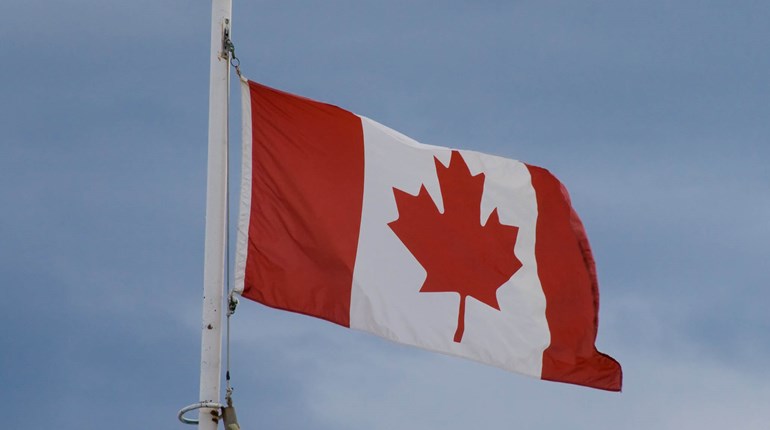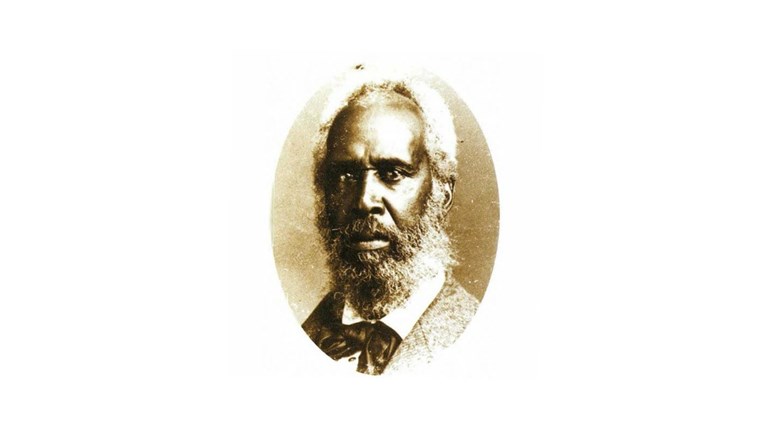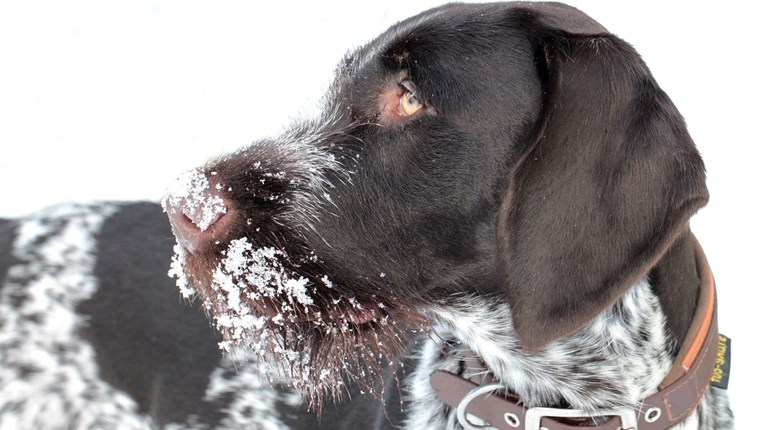
In early 2020, Canadian Prime Minister Justin Trudeau announced his so-called “assault weapon” ban, along with a temporary amnesty period that allows the owners of newly banned firearms to possess their property without incurring criminal liability. Canadians affected by these Orders-in-Council were advised they would have the option of “complying through grandfathering” or surrendering the gun for compensation (“buyback”) before the expiration of the amnesty, with the specific information to be “announced later, once details have been decided.”
With the amnesty deadline of April 30, 2022, soon upon them, Canada’s gun owners and firearm businesses were still waiting on those details.
Taxpayers, too, remain as much in the dark on how much this will cost as they were when Trudeau’s gun grab was announced, although a government report released last June offered a very broad estimated cost of anywhere between $47 million to $756 million Canadian dollars. Even so, the report’s authors were careful to add a “floor not ceiling” caveat that there are “too many outstanding questions on how this program will be implemented to currently develop a complete picture of the true potential cost of the program.”
In 2019, New Zealand implemented a similar ban on “military-style semi-automatic firearms,” magazines and parts, enforced through a mandatory mass confiscation and temporary amnesty. Before implementation of the ban had been completed, the cost had nearly doubled.
Government cost overruns of this magnitude shouldn’t come as a shock to informed Canadians. One report, using New Zealand’s surrender and confiscation program as a model, concluded that just collecting the guns to be surrendered “would cost the Canadian taxpayer between $1.6 billion to almost $5 billion in the first year. This estimate excludes travel costs and any ministerial administrators.” The figure also doesn’t include big-ticket items like the “fair market compensation” that the government promises to pay affected gun owners and businesses, the cost of transporting and destroying the guns once collected, and data processing equipment and software, all of which will inevitably drive the total price tag further into the billions.
Timing is another huge, looming issue. New Zealand—a nation much smaller and with far fewer people than Canada—implemented its gun grab over the course of six months. Even if the implementation mechanism for Trudeau’s gun grab had been available when we went to press (it was not), the time needed would extend well beyond the April 30 amnesty deadline.
It doesn’t seem that much of Trudeau’s misguided gun-control scheme is going well.


































